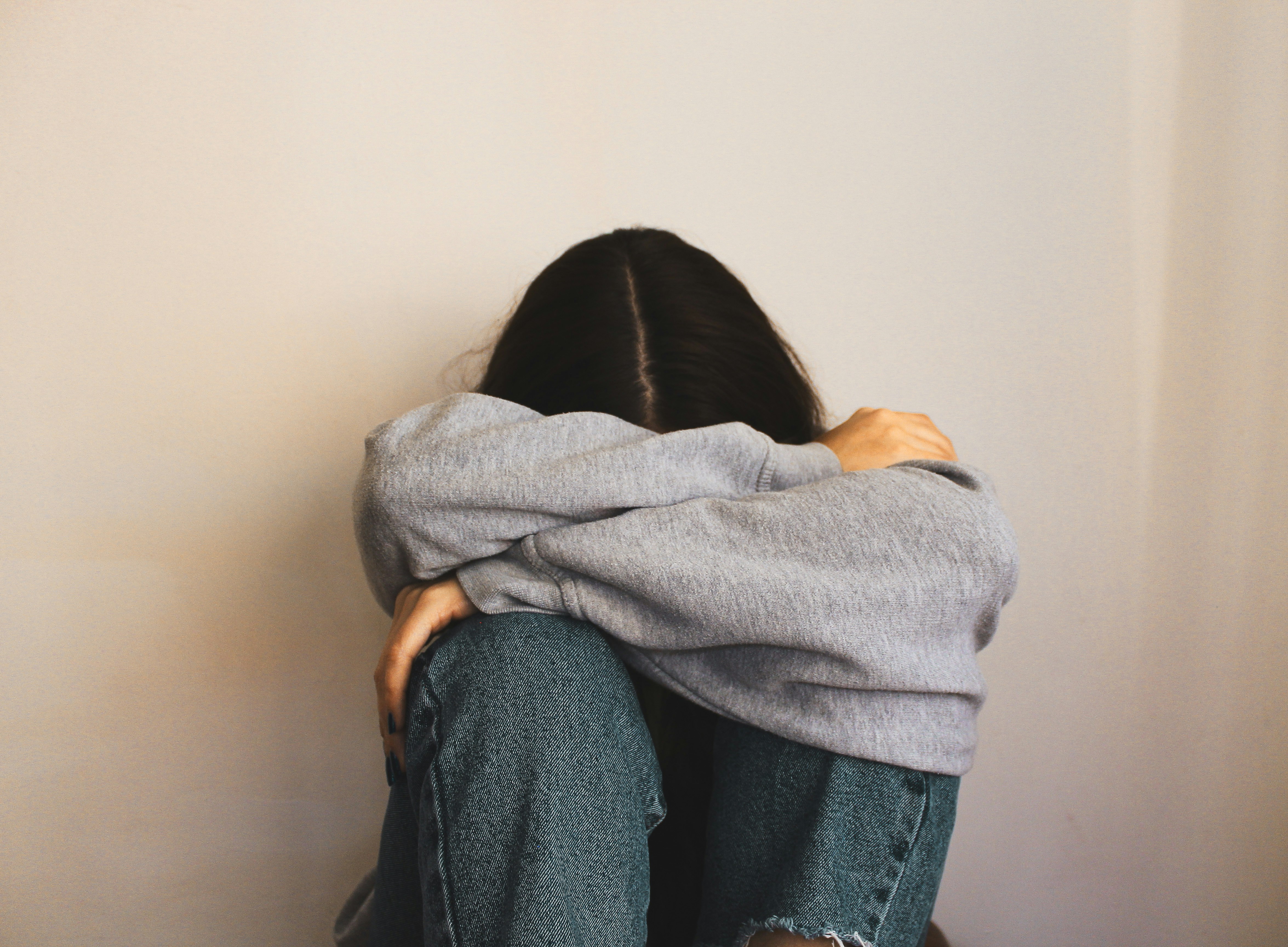News release
From:
Increased Threat Learning After Social Isolation in Human Adolescents
This study reveals that social isolation heightens threat learning in adolescents, potentially increasing their vulnerability to threat-related disorders. We examined the effects of acute social isolation on teenagers aged 16-19 years, comparing complete isolation to isolation with virtual social interactions. After both types of isolation compared to baseline, participants rated a learned threat cue as more anxiety-inducing and unpleasant and showed partial elevation in the physiological threat response (electrodermal activity). These findings indicate that isolation and loneliness during adolescence might increase threat learning, thereby raising the risk for threat-related disorders such as anxiety, phobias, OCD, and PTSD. This research underscores the importance of social connections for adolescent mental health.



 International
International



